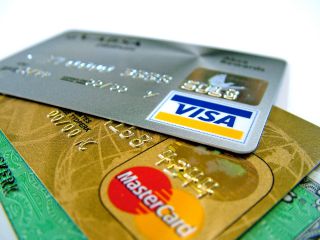Divorce is difficult all the way around. You can expect to take a serious financial hit that goes right along with the devastating emotional blow you suffer. One aspect of this financial downturn might be your credit score, which can plummet significantly in the course of your divorce. Fortunately, there are positive steps that you can take to help you rehabilitate your credit post-divorce.
Start with a Budget
A budget can help your post-divorce life immensely,, and it need not be elaborate. Once you establish the basics regarding the income you have coming in and the expenses you have going out, you will no longer have to guess if you can afford something or not – you’ll know. Further, a budget can help you make important financial decisions – confident in the knowledge that you are within your budget.
Understanding Your Debt
Going through a divorce can create its own debt, which generally relates to legal fees and to making your way through the financial uncertainty that often accompanies the divorce process. Additionally, your divorce will likely leave you with a portion of the following common types of marital debt (as applicable):
Your mortgage (if, for example, you remain in the family home as the primary custodial parent of your shared children)
Your student loan debt
Credit card debt
Your car loan
Medical expenses
Getting a handle on the debt you will be carrying as soon after your divorce as possible is well advised. If your overall debt-load is overwhelming, exploring your options regarding refinancing or establishing better terms with individual debtors can help.
Improving Your Credit Score
There are many online mechanisms for monitoring your credit score (without adversely affecting it), and doing so regularly is a good habit to get into. Even minor tweaks to your financial habits can spell important improvements to your credit score, which in turn can help you avoid high interest rates and help you maintain better control of your post-divorce financials. Helpful hints to consider include paying off your debts with the highest interest rates and the most intensive fees and charges first, and then chipping away more vigorously at your remaining debts from smallest to largest. You can also consult with a debt relief attorney if your financial situation is beyond your control.







